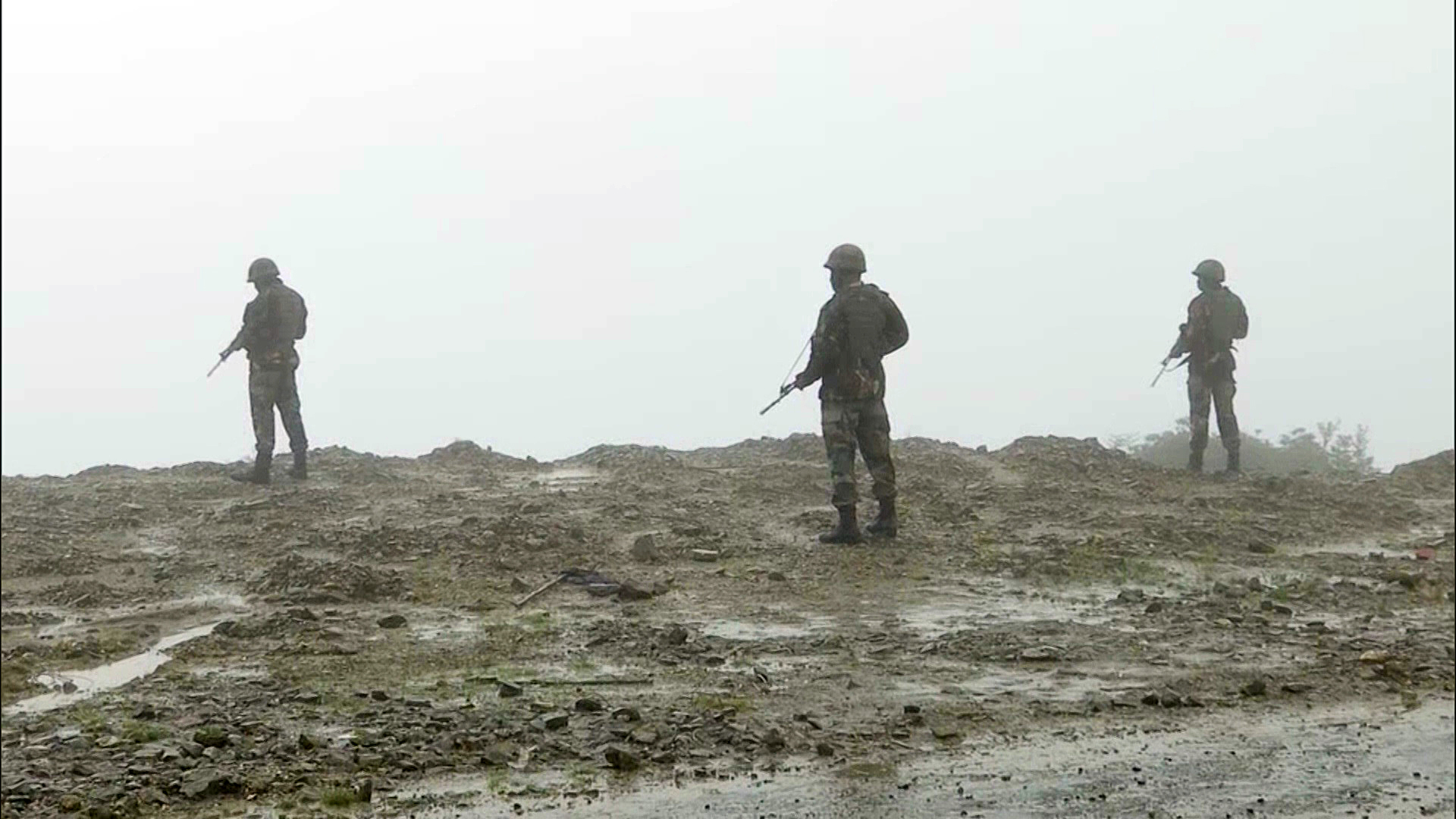As a consequence of the requirements created by World War II, the British colonial administration was forced to expand the role of Indian-owned companies in what was still part of the British Empire. In 1947, although colonial rule had impoverished the people, a moderate industrial base existed which at that point in time compared favourably with war-ravaged countries in East and Southeast Asia. Such a foundation could have been utilised in order to create a large private industrial base, including for defence production. The effort of Prime Minister Winston Spencer Churchill was to avoid boosting the capabilities of India, a country whose people he resented for demanding that he repay dues owed to the Bangalore Club, for instance, when he exited the country decades ago. However, wartime exigencies resulted in several industrial units coming up in India that catered to the requirements of the war that was going on between the Axis and the Allies. The foundation built could have been expanded into a defence industry that would have been capable of not just meeting the needs of the armed forces of the newly independent republic, but of those of friendly countries as well through exports. During the 1950s, Defence Minister V.K. Krishna Menon did go some way towards setting up an indigenous capability in defence manufacture, but this was confined to the public sector. As a consequence, the immense synergy and growth was lost that would have taken place had the domestic private sector been permitted to join the process. During the 1980s, the emergence of a propensity for some of the leaders of the country to prefer money made illegally and kept or spent abroad became pronounced. Some of these transactions were uncovered, usually by exposes in foreign media, as was the case when a Swedish publication published details of the payments made for a field gun made by Bofors. The 1980s saw the rise from moderate means to wealth of the members of families linked to politicians and officials in India, a trend that continued but began to be checked in 2014, when Narendra Modi took over as Prime Minister. Until then, defence and fuel purchases had been the preferred means of collecting bribes through overpaying foreign suppliers. As a consequence, self-sufficiency in defence production was given up and India was made dangerously dependent on foreign countries even for essential defence requirements. While China became more and more self-sufficient in defence production over the years, India reached a stage where more than 80% of its critical defence needs were imported. Such a plight made nonsense of the claim made by apologists for such a practice that nevertheless, India had “strategic independence”. Such a situation began to get actualised only in 2014.
After having been shunned from significant procurement until then, the new government opened the doors of defence production to indigenous enterprises. During Modi 1.0 the groundwork was being laid for a strong domestic capability in defence production, and by the time Modi 2.0 came about, that process was delivering results. The involvement of the private sector in defence production has been mainstreamed, and as a consequence, the performance of the DRDO too is improving at a rapid clip. Whether it be DRDO, ISRO or even the atomic energy establishment, sabotage by external elements and their local associates was visible. In the DRDO, this took the form of several incidents of delays or lack of adequate standards in manufacture. In the ISRO, until the advent of the new government, the injustice that had been done to reputed scientists such as Dr Nambi Narayanan was swept under the carpet. In the nuclear and space program, scientists and engineers lost their lives in “accidents” or “attacks by criminals”, not to mention “suicides”. Exposure of such activities in The Sunday Guardian gave notice to the external perpetrators involved that their crimes had been exposed. External actors have been decisive in convincing policymakers in India to block off the private sector in India in the field of defence, ironically on grounds of security
MDN
Defence dimension is vital for India
इस शब्द का अर्थ जानिये
- Advertisement -

